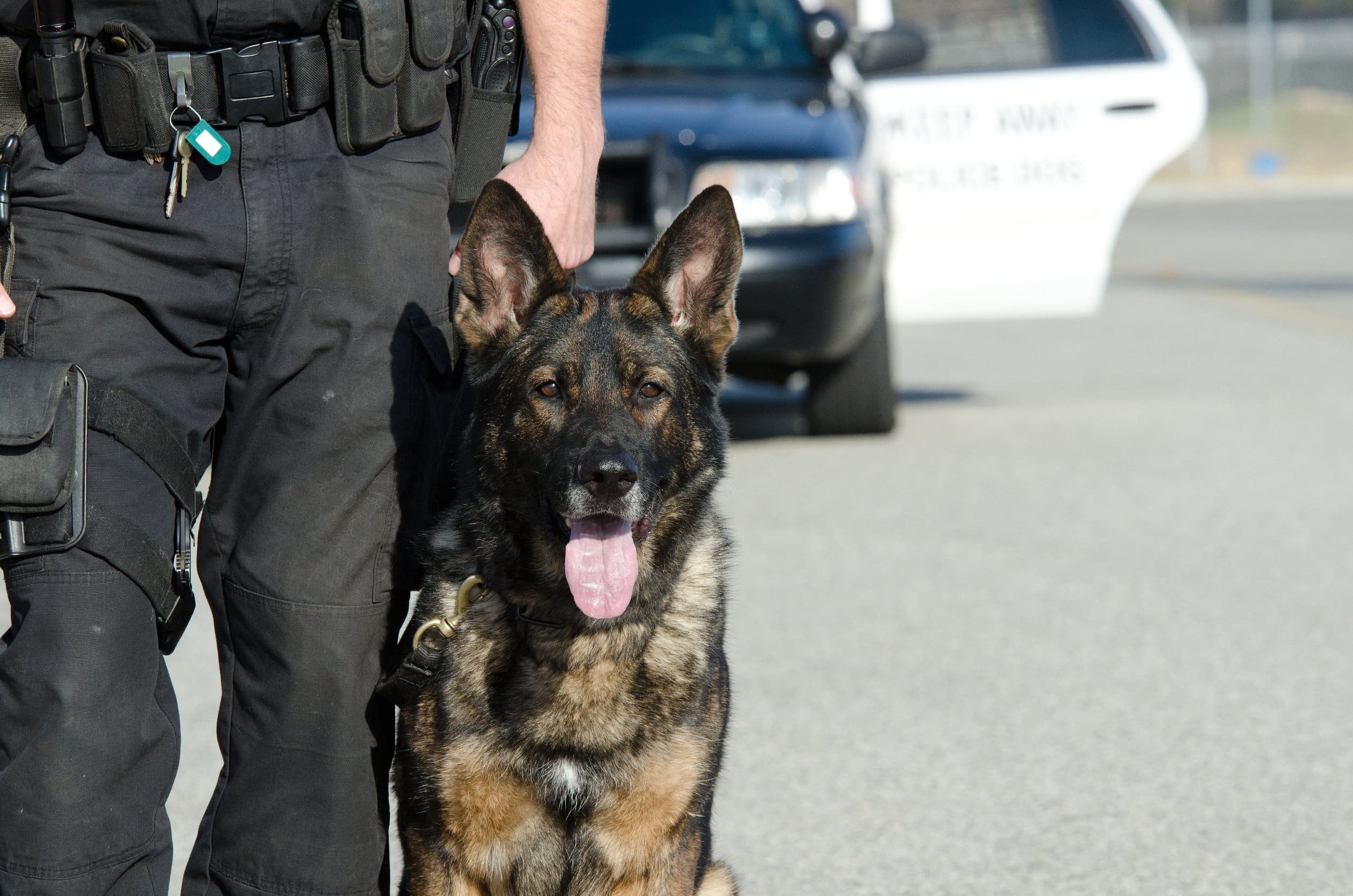It’s imperative that every citizen understand their rights. For example, if you are pulled over for a traffic stop and the police ask to search your vehicle, you have the right to tell them no.
Police in the United States can only search a person or their property if they have reason to believe that a crime has been committed – these are rights guaranteed under the U.S. Constitution.
But what about public transportation? Many in Colorado use public transportation daily to get where they’re going. Does this expose you to opportunities for the police to search you and your things? Read on to find out what you need to know.
Colorado Buses and the Fourth Amendment
In the United States Constitution, you are protected from illegal search and seizure by the police – or any government agency – by the Fourth Amendment. There’s no guarantee you won’t be searched. However, you cannot be legally searched unless it is deemed reasonable under the law.
So, What Does This Mean for Colorado Buses?
If police officers or other law enforcement officials get onto a public bus and see drugs or anything else illegal in plain sight, they have the legal right to search you and your things. If a strong odor is coming from your belongings that may indicate you have drugs, this can also estabilsh reasonable suspicion.
It’s important to note that you have the right to tell police no when they ask to search your things on a public bus. Yes, the situation can be intimidating, but it’s vital to understand your rights and that among those rights is the right to privacy – even on public transportation.
What About Drug Dogs in Colorado?
If you are on a Colorado public bus or some other form of public transportation and the police bring on drug dogs, what are your rights then? It’s a tricky situation. You often see drug dogs in bus stations or airports, and they may routinely sniff the belongings of people who law enforcement doesn’t have any suspicion of.
This is perfectly legal. However, it is a violation of the Fourth Amendment to delay public transport for unreasonable suspicion. In other words, once a vehicle is in motion, drug-sniffing dogs with the police cannot stop it. That’s why these searches often occur when people are in line for security.
Furthermore, it’s worth noting that if police were to bring drug dogs onto your property without a warrant, that violates your rights under the Fourth Amendment. Your expectation of privacy is extended to your home and its surroundings, as ruled by the United States Supreme Court.
What If You Are Arrested in Colorado?

If you are arrested on public transportation for possessing controlled substances, don’t assume you’re up against a solid case. Work with an attorney who can look at the circumstances under which you were searched to determine if it was lawful or if it violated your constitutional rights.
Your lawyer can work with you to formulate a strong defense that is the best option for your case. The right defense is key to protecting your rights and helping you to overcome criminal charges you may face from a drug search on a public bus or any other type of public transportation.
About the Author:
Kimberly Diego is a criminal defense attorney in Denver practicing at The Law Office of Kimberly Diego. She obtained her undergraduate degree from Georgetown University and her law degree at the University of Colorado. She was named one of Super Lawyers’ “Rising Stars of 2012 & 2019-2022” and a “Top 100 Trial Lawyers in Colorado” for 2012-2022 by The National Trial Lawyers. Both honors are limited to a small percentage of practicing attorneys in each state. Additionally, Expertise names her to its lists of the 25 Best Denver DUI Lawyers and 21 Best Denver Criminal Defense Lawyers, both in 2020-2022. Ms. Diego has also been recognized for her work in domestic violence cases.





